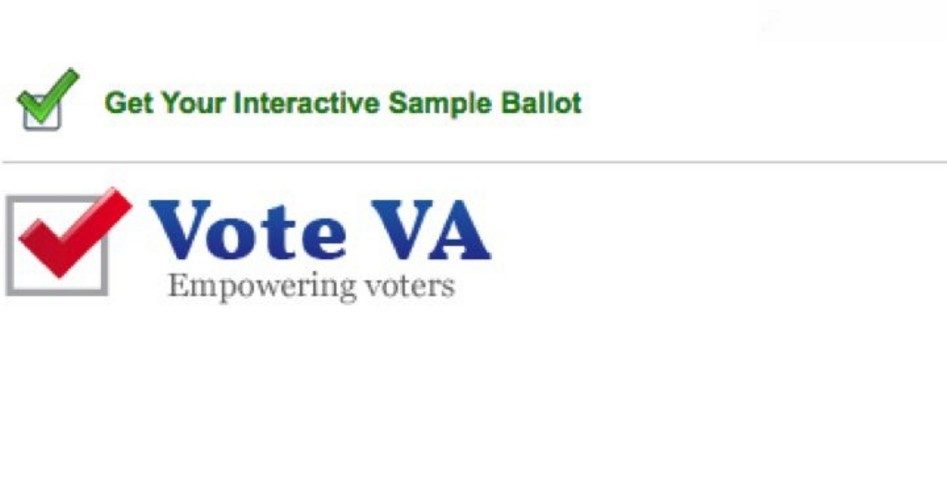
The Virginia Department of Elections announced Friday that it has called for the immediate decertification of Direct Recording Electronic (DRE) voting equipment in Virginia. The phrase “direct recording” refers to electronic voting equipment where the voters’ choices are transferred directly from the display on the screen to the voting booth’s internal database without any intermediate paper ballot for the voter to verify.
Many computer professionals, including this author, for years have been advocating for a voter-verified paper trail in the voting equipment. The New American has also advocated for a voter-verifiable paper trail since its October 13, 1986 issue. As far as we know, that article in The New American was the first in national publications to advocate for the paper trail.
The New American also published an article in the October 9, 2000 issue warning of the dangers of Internet voting, which by its very nature doesn’t have a voter-verified paper trail with a proper chain of custody for recounting the ballots. Internet voting has additional vulnerabilities because of the inherent insecurity of the Internet. That article also reported that it is believed that all hacking attempts by foreigners in Arizona’s 2000 Democratic primary were successfully defended — at least all the attempts that were noticed by the election officials, who were closely monitoring that primary.
{modulepos inner_text_ad}
The controversy over accuracy and honesty in the general elections of November 2016 has piqued public interest in election integrity. Some suspect there are serious vulnerabilities in the technology that enable foreign hackers or election insiders to alter individual votes or vote totals. And many believe there is rampant fraud based on illegal voter registrations, with many individuals voting repeatedly either in person or by absentee ballots. In any case, the public debate has led to greater awareness of vote fraud. Hopefully the sleepy American public will find this to be a wake-up call.
A Good Start, but Not a Panacea
Decertifying the paperless equipment and requiring a paper trail is a good start; however, it doesn’t cure all the problems. For instance, the paper trail is of course useless if it isn’t used. This was one the problems mentioned by University of Michigan Professor J. Alex Halderman and Ph.D. candidate Matt Bernard in their presentation entitled “Recount 2016: An Uninvited Security Audit of the U.S. Presidential Election.” It required more than just the effort of the recount. In many cases, it had to start with fundraising and court battles. Halderman pointed out that failure to use the paper ballots that were being saved where the voting equipment already had a paper trail was a great waste of a valuable resource. He added:
This is a major gap in our system. I previously had believed that the paper would provide a fairly strong deterrent, but if even in 2016, we’re not going to look at any of the paper, well it might as well not be there.
Likewise, there is tremendous resistance to verifying whether there was significant voting by non-citizens and other forms of illegal voting in the 2016 general elections.
The paper trail of the ballots isn’t the only one that needs to be maintained and verified. There is a trend in some elections to forgo the immediate printing and public display of the precinct totals at the precinct where the ballots were cast. That publicly verified precinct totals paper trail is just as essential as the voter-verified paper audit trail of the individual ballots. It is instructive to note that both Hitler and Stalin kept the precinct totals secret from the voters until after the centralized election authorities reviewed them to ensure that the totals were what the rulers wanted.
Decertifying the paperless electronic voting equipment and requiring the new equipment to have a voter-verified paper trail is certainly laudable. But it is only the first step on the road to election integrity.



